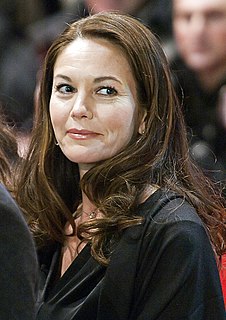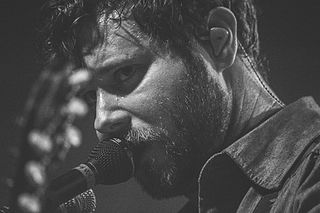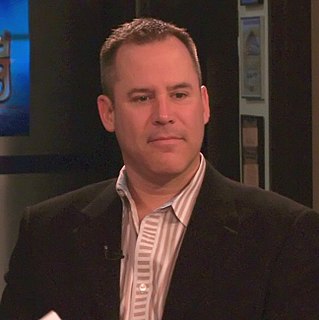A Quote by Emma Donoghue
Something we do know is that review coverage does go to male authors more than women authors. That's a fact. I think it's one of those examples of unconscious bias: If you hire a lot of male journalists, they're more likely to pick up the latest Ian McEwan novel than the latest A.S. Byatt novel.
Related Quotes
Maybe just as many women writers as male writers could be billed as the next great American writer by their publisher. Maybe book criticism sections could review an equal amount of female and male writers. Maybe Oprah could start putting some books by women authors in her book club, since most of her audience is women.
What does seem to be a constant is that I write more emotional stories the older I get. I think a lot of that has to do with growing up in a patriarchal structure where unemotional intellect (male) is taken more seriously than delving into emotions (female), and gradually freeing myself from those expectations.
I think men are more adventurous in that they're more likely to take chances. Women play it safe. But now, maybe more of the women that see how it's working for the guys think, 'I can do that, too'. Maybe they'll pick male players, not necessarily female players; it's just whatever that match is that works for that player.






































